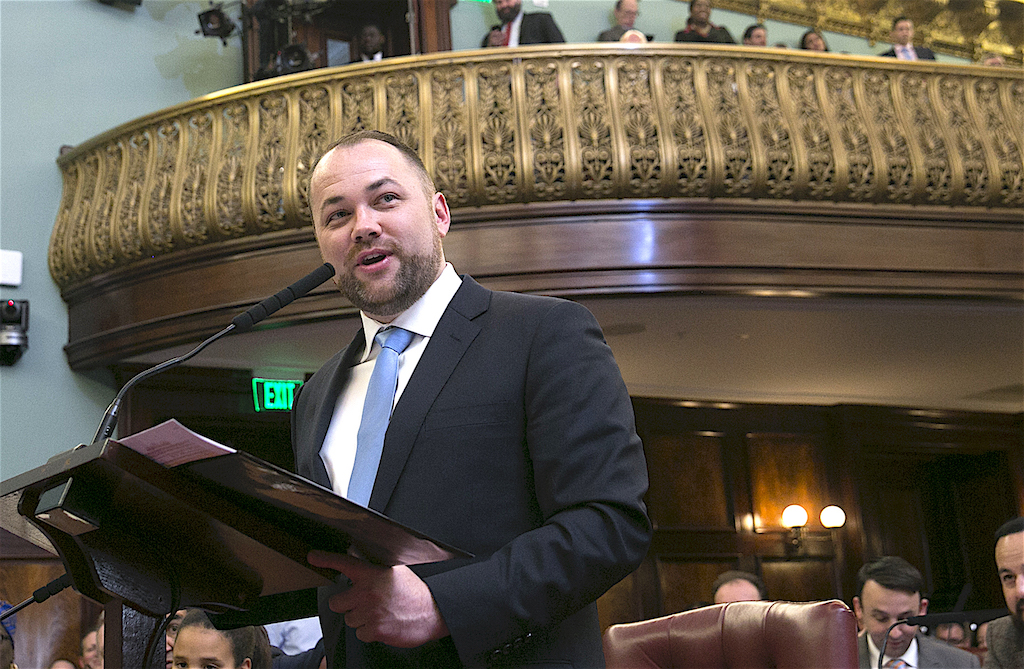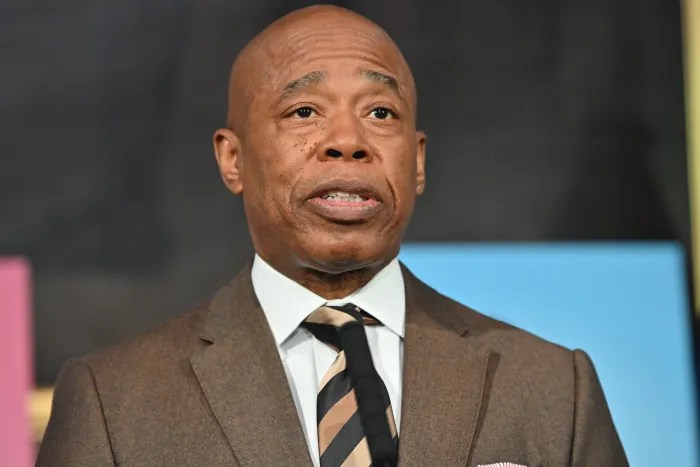
BY GABE HERMAN | Corey Johnson can add the title of public advocate to his impressive résumé, though he will only hold this role for the next two months.
By law, City Council Speaker Johnson became the city’s public advocate on Jan. 1, when Letitia James left the post to become New York State Attorney General. This past weekend, Mayor Bill de Blasio set Feb. 26 as the date for a special election for public advocate. The nonpartisan race so far includes more than 20 candidates and others exploring a possible run.
Speaker Johnson tweeted on Dec. 31, “As of tomorrow, I will become the Acting Public Advocate for NYC. I plan to take this role and its responsibilities seriously, because New Yorkers deserve nothing less.”
Issues that Johnson plans to spotlight as the city’s advocate include the state of the subways, plus how well city agencies respond to resident complaints through the 311 system, according to The New York Times. He then plans to hold hearings as Council Speaker about those 311 issues.
Johnson’s City Council Web page has been updated to include his new temporary position, and says, “The Public Advocate acts as an ombudsperson for all New Yorkers — a government official who champions the public and ensures government is responsive to their needs.”
The public advocate is next in the line of succession if the mayor can’t fulfill his duties, and the position has been a launching pad for its previous occupants, including de Blasio, who was advocate from 2010 through 2013 before becoming mayor.
The winner of the February special election will serve as public advocate for the rest of the year, and another election next November will be held to see who will serve the remainder of James’s term, which runs to the end of 2021.
The special election may be the first to see new campaign finance regulations that were passed by voters this past November, which modified the amount of public funding each candidate can get and the caps on individual donations. The reforms were originally supposed to take effect in 2021 but the City Council passed legislation late last month applying them to the upcoming February special election.
































